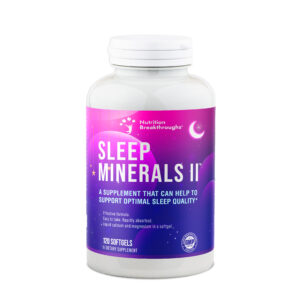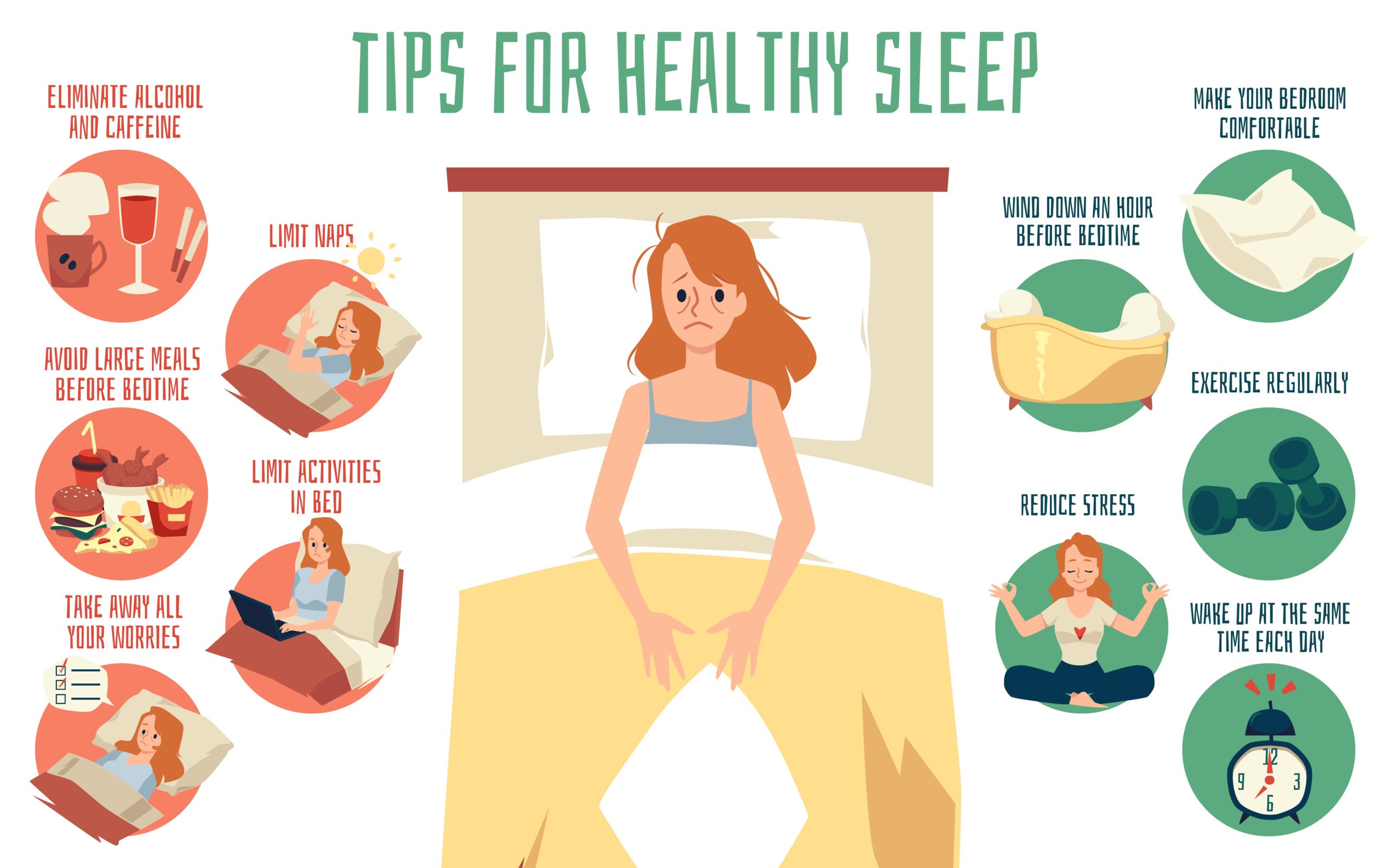 Vitamin E is a health-giving, disease preventing vitamin that is found in many foods such as almonds, leafy greens, sunflower seeds, eggs, sweet potatoes, avocados, olive oil and rice bran oil.
Vitamin E is a health-giving, disease preventing vitamin that is found in many foods such as almonds, leafy greens, sunflower seeds, eggs, sweet potatoes, avocados, olive oil and rice bran oil.
Studies are showing that vitamin E health benefits include strengthening the heart, assisting in preventing eye disease, boosting immune function and enhancing muscle health. A stronger heart and immunity can also support better sleep and help remedy insomnia.
The top three antioxidant vitamins are Vitamin E, C and A. An “antioxidant” is a nutrient that counteracts and neutralizes the harmful effects of oxygen in the body. These “oxidative” effects contribute to aging and disease and are caused by an unhealthful diet, air pollution, smoking, drinking, and also by the normal processes of digestion and metabolism.
Vitamin E is a key player in the fight for a healthy heart. A study from the New England Journal of Medicine found that men who consumed higher amounts of vitamin E had a lower risk of heart disease. This benefit occurred with 60 to 100 international units (IU) per day, although the amount often used for disease prevention is 400 IU daily.
The health of the red blood cells is vital as they carry oxygen from the lungs to the rest of the body. In a study from the journal “Nutrition Research”, the breakdown of red blood cells was decreased by 38% in adults that took 300 milligrams of vitamin E daily for four months. Levels of vitamin E in the blood increased significantly and cellular oxygen stress was lowered by 47%.
The University of Hong Kong did a study on how vitamin E benefits immunity, which showed that there’s a specific requirement for vitamin E in immune cells. The vitamin was demonstrated to strengthen immunity and help immune cells to flourish.
Vitamin E health benefits for sleep were discovered in a recent study from the journal of Gynecologic and Obstetric Investigation. It was found to be a natural alternative to estrogen therapy and an effective remedy for hot flashes and night sweats.
The researchers found there were significant improvements in the hot flash severity score after women took a 400 IU vitamin E (in a softgel cap) daily for 4 weeks. They concluded that vitamin E is recommended for the treatment of hot flashes, which for many menopausal women is great news and an effective aid to better sleep.
Another aspect of vitamin E is that it has the potential for preventing or delaying prostate cancer in men, according to the book “Vitamin E: New Research”.
It isn’t surprising that Vitamin E is vital to the health of the muscles and enhances the ability to exercise, because the heart is essentially muscle tissue and vitamin E is known to strengthen it.
In a study from the Medical College of Georgia, it was found that exercise causes muscle cells to burn a lot more oxygen than usual, causing “oxidative” stress in muscles. Their finding was that vitamin E is essential to rapid muscle cell membrane repair and it can also help to prevent muscle-wasting diseases.
Vitamin E foods such as nuts, leafy greens, sunflower seeds, eggs, sweet potatoes, avocados, olive oil and rice bran oil are great ways to get more of it, and vitamin E supplements are also beneficial to overall health.
This natural health news is provided by Nutrition Breakthroughs, a provider of health articles and effective natural remedies since 2001. Nutrition Breakthroughs makes the original calcium and magnesium based natural sleep aid Sleep Minerals II, which contains highly absorbable forms of calcium, magnesium and vitamin D, formulated in a base of vitamin E-rich rice bran oil.
Richard P. of Parkville, Maryland says: “The Sleep Minerals are making quite a difference. I was regularly waking up at around 3:00 a.m. and after a few days use my sleep improved quite a lot. I wake up once a night to go to the bathroom, but the great thing is, I then fall back asleep and sleep several more hours. This has been a great improvement.”
For more information on Sleep Minerals II visit this page.











